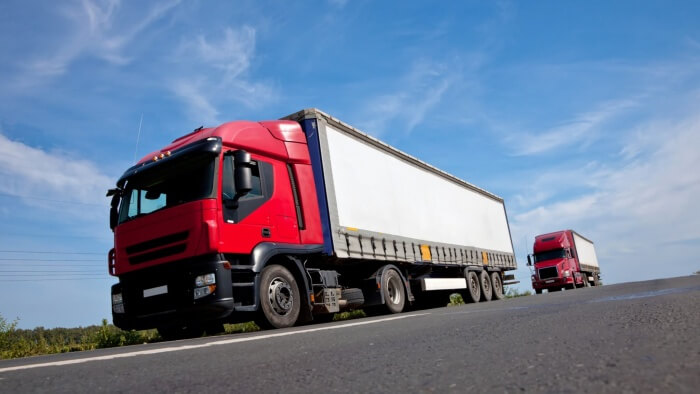It’s not an easy decision: buying expensive equipment up-front hits cash-flow, while leasing means you end up paying more – so which option is right for your business?
Even successful, growing businesses are open to cash-flow pressures. Businesses with capital-intensive structures – ie those that must invest heavily in property, machinery, staff, products or raw materials before they make a profit – are especially vulnerable to money shortages if the cyclical comings and goings of cash don’t go as planned.
Finance companies, retailers and wholesalers offer solutions which lift pressure off cash-flow in different ways. The ‘purchaser’ usually pays more overall when they take advantage of these offers, but the quid pro quo is that they have to make fewer big investments up-front.
One such instrument offered by a range of suppliers is called a leasing agreement. It lets you ‘borrow’ an item for an agreed period of time and for a set (usually monthly) group of payments. At the end of the term there is sometimes the option to buy the item outright at a greatly reduced price than the business would have paid at the outset.
For many businesses, the question whether to buy or lease is usually a moot point. Consider office space for example; prime spots in city centres sell for millions of pounds and most growing businesses cannot countenance the possibility of taking on such a major purchase – whether they can get a mortgage or not.
"The major benefit of leasing is that you save on up-front costs; it reduces pressure on your balance sheet"
So most growing businesses will lease their property and spend the monthly savings on new products, business development and recruitment. In differing degrees, the same thought process applies to purchases of commercial vehicles, expensive machinery or IT equipment.
The major benefit of leasing, therefore, is that you save the up-front cost of the thing you are buying. It reduces pressure on your balance sheet and gives you the option to invest in money-making projects elsewhere in the business.
The other main plus points of leasing over buying are as follows:
- Repayments are usually fixed and transparent, so there shouldn’t be any surprises when you start paying your lender back.
- Leasing carries less risk than many other forms of lending, especially those that are secured on your private property. If you can’t pay the lease, you’ll lose the item you’re leasing but you won’t lose your house.
- It’s an easy way to maintain the quality of equipment in your business. Once lease agreements expire, you simply start again with a brand new line of equipment and the process repeats.
- Agreements can’t be cancelled by the lender unless you fall behind on payments, even if their business gets into trouble.
- Leasing is a popular way of funding businesses so there are lots of players in the market and you have a host of options to consider before picking the best deal.
But there are also disadvantages, consider these carefully before entering into an agreement:
- It is usually more expensive overall to lease an asset than to buy it upfront. Leasing is not without risk to leasers, so they factor in the cost of defaults into their prices.
- Businesses generally can’t claim capital allowances of leased (unlike bought) assets if the lease period is short; usually less than five years but in some cases less than seven.
- Despite not having to buy the whole item up-front you might have to make a substantial deposit or early payment which could impact on your cash-flow anyway.
- Although you might be leasing for a short period, you may find you no longer need the item you are paying for, but leasing arrangements are hard to cancel and may come with penalties if you do.
So the main drawbacks of leasing over buying are to do with overall cost and a lack of ownership. A machine valued at £10,000 might cost you £12,000 if you choose to lease it, and you will have no ‘equity’ in the machine for tax purposes.
Similarly, because the machine is not yours to own, you don’t have full decision-making powers over it. If your business suddenly becomes cash-rich and you want to invest in a fleet of new vans, computers or printing presses, then in many cases you will need to find a home for the old ones and will keep paying for them even if they are no longer used.
Buying equipment starts to become advantageous, therefore, when items have a long useful life and don’t deteriorate or become obsolete quickly. It’s true of things like office furniture and farm machinery, both of which usually have long lives. In this case, a bank loan with low interest repayments could be a better option.
Of course, if you become very successful and reach the stage where-by selling your business becomes an option, potential buyers will see leasing agreements as liabilities where-as assets are seen as having some value, which could increase the sale price of your business.
In simple terms, whether you buy or lease objects will depend on your business’ requirements in the short, medium and long terms. Carefully consider your options, think about repayment terms, get-out clauses and interest rates, and make your decision based on a full assessment of the facts.
Thanks for signing up to Minutehack alerts.
Brilliant editorials heading your way soon.
Okay, Thanks!